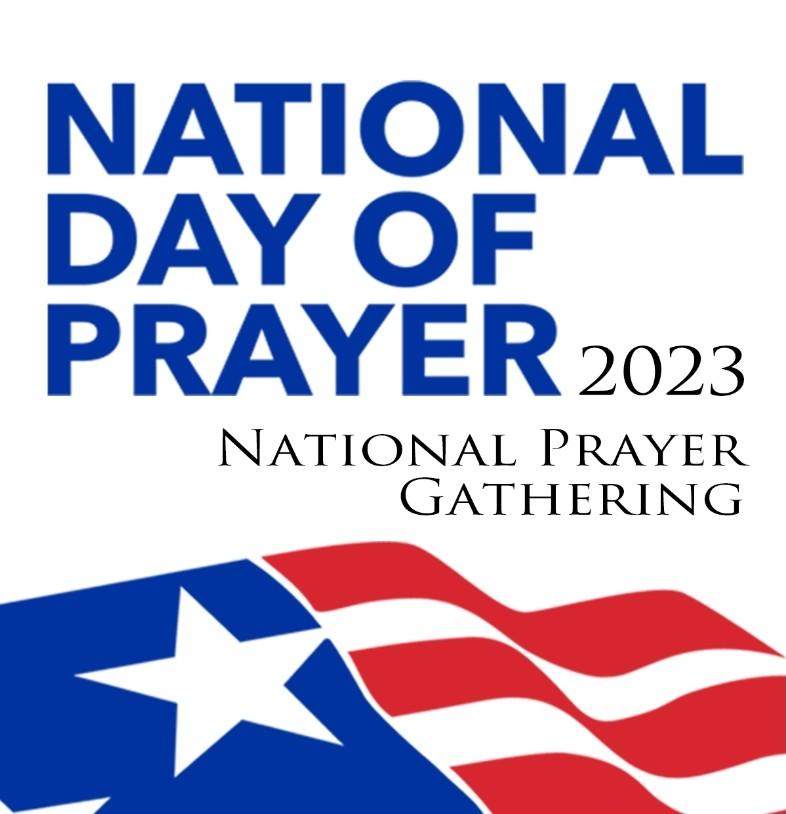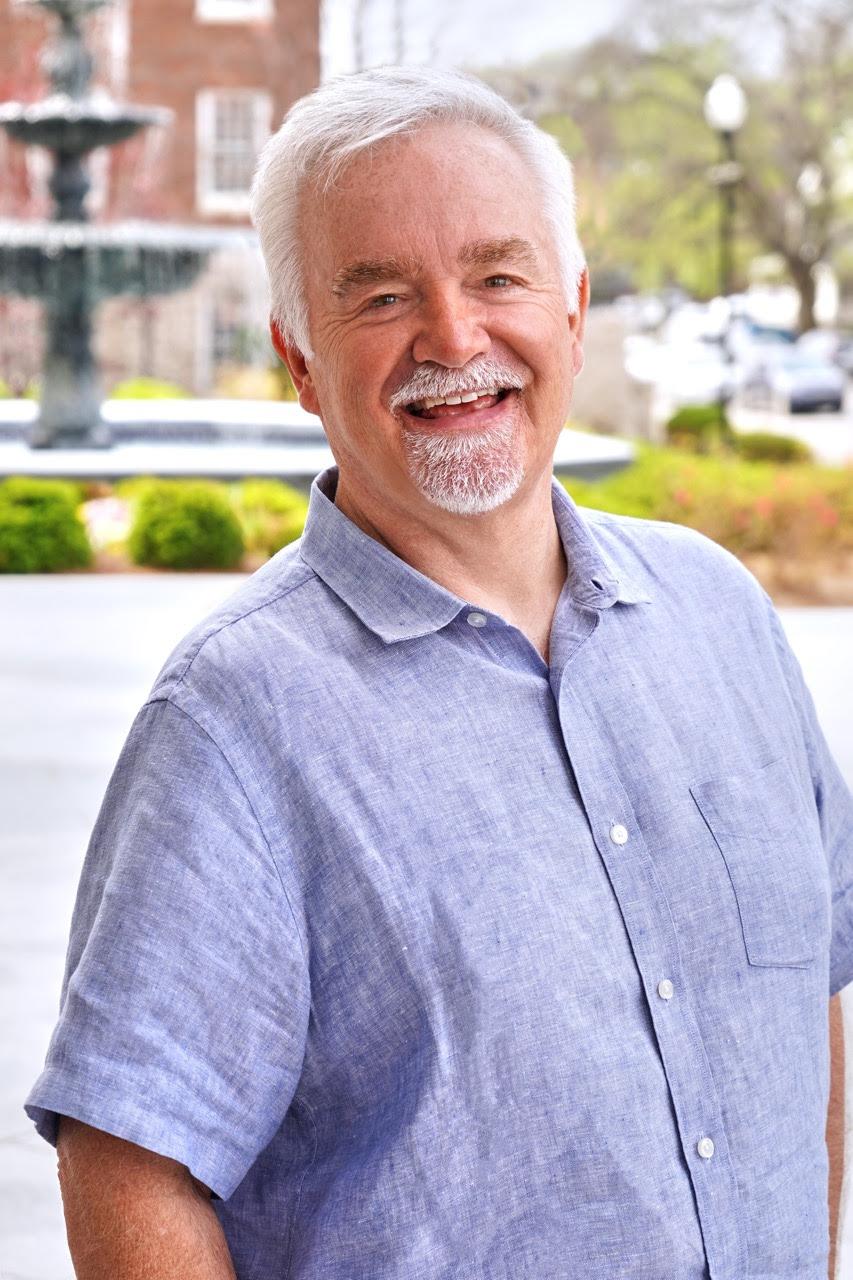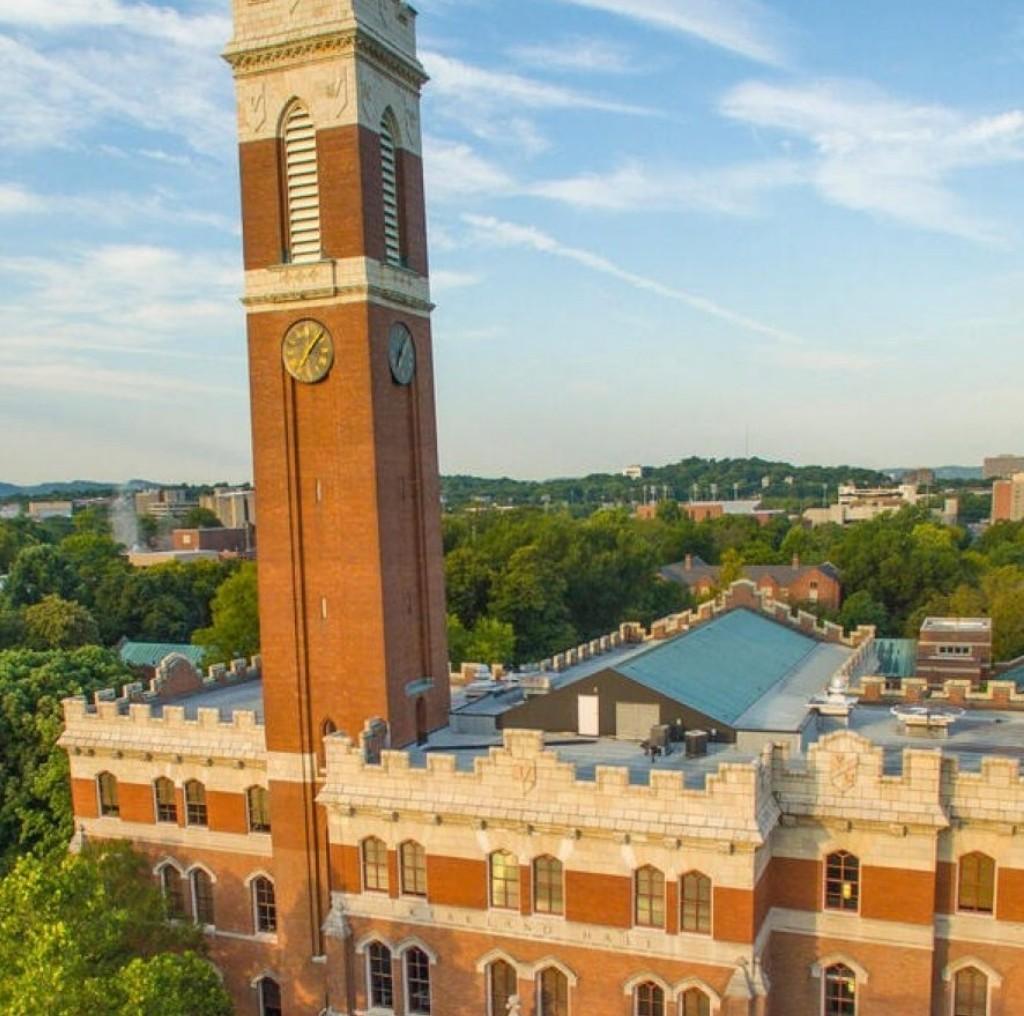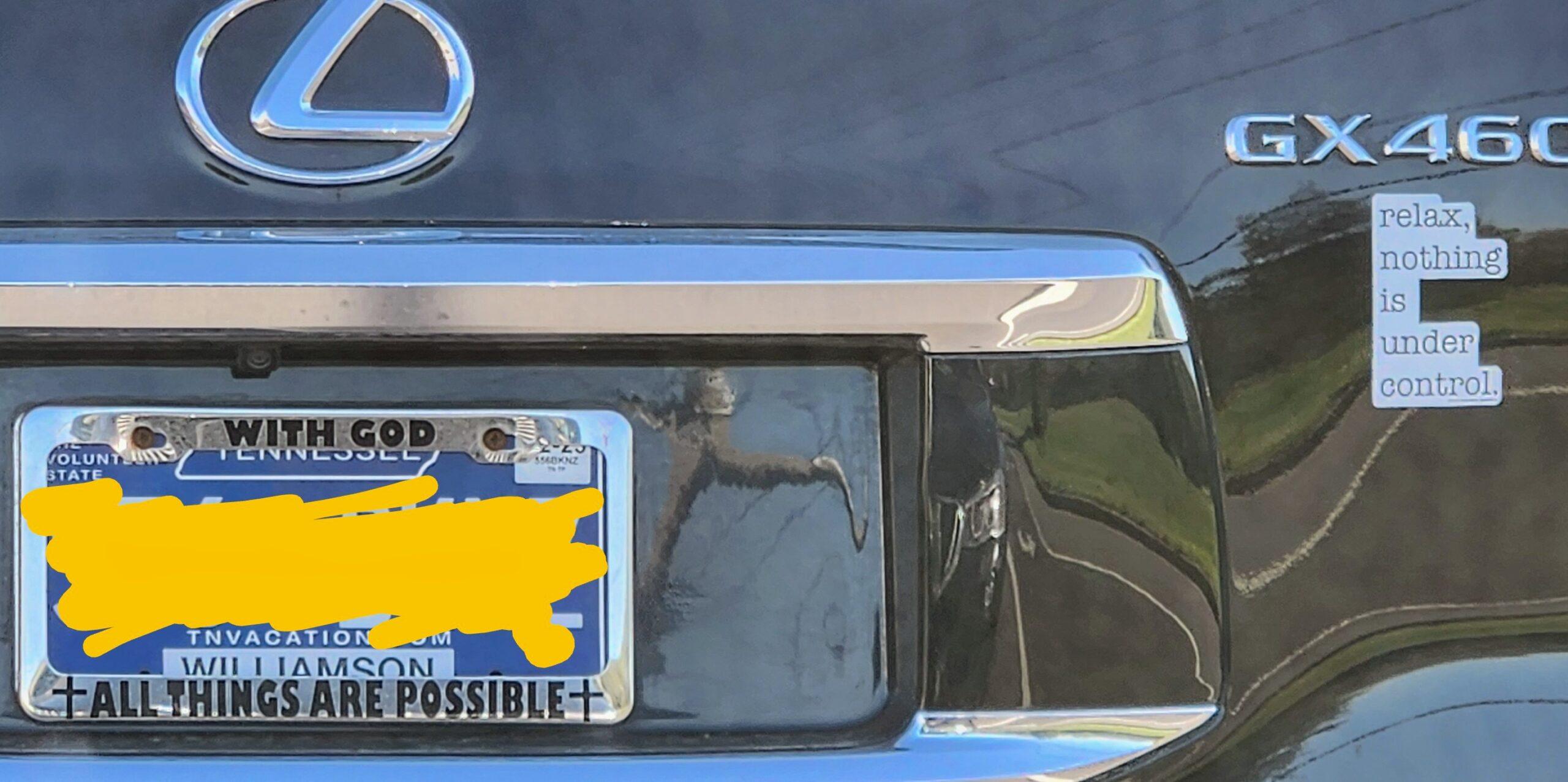
Memory is powerful. The phone rang while I was holding our 22-month-old son, Joshua. It was my father: “Don’t get on a plane to go anywhere! Turn on your television!” It was September 11, 2001 – nearly 22 years ago – when almost 3000 people lost their lives during the terrorist attacks at the Twin Towers and the Pentagon, and aboard United Airlines Flight 93. Those of us who are old enough to remember that day will never forget it. In fact that one memorable day – 9/11 – yielded some of the most horrifying, seemingly unreal, and gut-wrenching photographs that we had ever seen. At 8:46 a.m. Eastern, American Airlines Flight 11 (traveling from Boston to Los Angeles) hit the North Tower of the World Trade Center in New York City. At 9:03 a.m., United Flight 175 (also en route from Boston to L.A.) hit the South Tower of the Trade Center. At 9:37 a.m., American Flight 77 (traveling from Dulles Airport in D.C.’s Northern VA suburbs to L.A.) hit the Pentagon in Washington. Finally, at 10:03 a.m., United Flight 93 (traveling from Newark to San Francisco) crashed into a remote field near Shanksville, Pennsylvania.
When I pick up my Bible, I’m always reminded that history is a great gift. It is more like a treasure, and it is ours for the taking. History is given to us by God for our instruction in righteousness (1 Corinthians 10:11).
And when I think about our history as God’s people, I always think of the other Joshua – the man after whom my son is named. And I remember the history of Israel as recorded in Joshua 3 and 4. When the people following Joshua arrived at the Jordan River, it was at flood stage – post-2010, everybody in Nashville can relate to that – which meant that the river waters expanded from their normal 100-foot width to a terrifying, raging mile-wide river. So the entrance into Canaan – the Promised Land – was completely blocked! But as soon as the priests put their feet in the river, God dried it up by creating a floodwall of water … and the people crossed the river on dry ground. Those priests who carried the ark of the covenant stood right in the middle of the riverbed until the whole nation passed over.
You see, friends, God often calls us together. Tomorrow, the 2023 National Day of Prayer, will be one of those days. So was that day when the twelve men did something remarkable with their twelve stones. They established a national memorial so that every subsequent generation might remember the miraculous river crossing. It was to be a sign pointing to Israel’s personal and powerful God. There were twelve stones to represent twelve tribes, all for the purpose of symbolizing Israel’s unity as one nation under General Joshua’s leadership.
Now we Americans tend to regard ourselves as rugged individualists, but that is not the case when it comes to the body of Christ. We have been taught to pray: “Our Father, who art in heaven …” Take another look at the model prayer given to us by Jesus, and pay careful attention to the pronouns. Far from independence, you and I are called to interdependence. We are members of one and the same body. We are gifted individually, but we are gifted entirely for the purpose of serving each other in love. God calls us, just like those in Joshua’s day, to remember who and Whose we are. By so doing, we give glory to God! When we come together in prayer, like we’re doing today, we declare to the world that we serve a God of miraculous provision. Only He can deliver our nation from its woes. Only He can heal our divides. Only He can forgive our sis. Only He can restore, in our land and in our day, a holy fear of a holy God. Jesus, let it be!
And, when we remember, it helps us chart a path forward. In the days of the Jordan crossing, the Lord made it clear: the memorial of stones would serve future generations by pointing them to the truth about Himself. You know that I just turned 60, and I’ve told you more than once that I have a large and imaginary “I don’t understand” file. I carry around some baggage from life and from ministry. I’ve dealt with fear and insecurity and faith struggles and sadness, and I’m under no illusion that life is supposed to be easy for a follower of Christ. And, if I’m not careful, I can sink into thinking that the younger and snazzier version of myself was the best version of me, and that this is just the leftovers. But that is not what God sees! He sees a work-in-progress that – however slight the movement in the right direction may be – is being conformed to the likeness of Christ. As you and I get older, it gets easier for us to become terrified about tomorrow, but let me tell you why you and I don’t have to be afraid: Jesus is already there! He’s writing our story, and it’s a good one.
Yes, to use my grandmother’s expression from days gone by, our nation is in a heap of trouble! There is no politician on earth who is wise enough, or powerful enough, to deliver us from ourselves. So you and I must turn our hearts toward heaven. Because we have been loved by a God of mercy and grace. And, wherever there is the Spirit of our awesome God, there is hope. And so we trust not in ourselves, but we lift up our prayers before the throne of the risen and reigning King! May He strengthen us for the battles which lie ahead. May He give us His own joy to be our strength. May He make His face to shine upon us.
As you pray tomorrow, remember those brave priests in Joshua’s day. Not only did they have to step into the raging water, by faith, but they had to stand there. It was a preview of our high calling in Jesus Christ, which the apostle Paul described like this (Ephesians 6:10-13): Finally, be strong in the Lord and in the strength of his might. Put on the whole armor of God, that you may be able to stand against the schemes of the devil. For we do not wrestle against flesh and blood, but against the rulers, against the authorities, against the cosmic powers over this present darkness, against the spiritual forces of evil in the heavenly places. Therefore take up the whole armor of God, that you may be able to withstand in the evil day, and having done all, to stand firm.
If you can join us tomorrow morning in the sanctuary at Green Hills Community Church, our prayer service will begin at 10:00 a.m.
Pastor Charles










Recent Comments